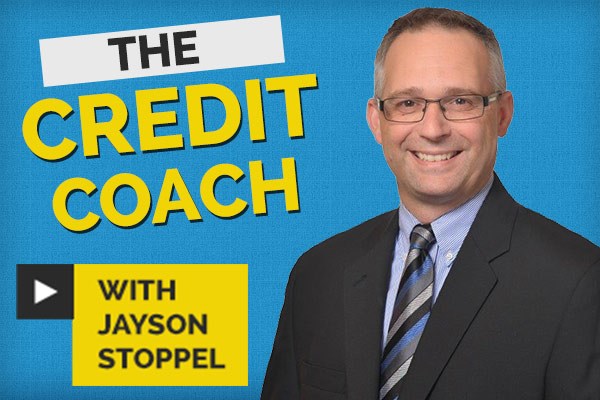Over the past 18 months I have shared many blogs on many topics, including budgeting, debt control, credit management and financial literacy. This blog attempts to open the dialogue on a subject that encapsulates a bit of everything that I’ve shared.
Financial wellness is a topic that comes up regularly as my team and I assist individuals going through the consumer proposal or bankruptcy process. We’re often asked what it means to be financially healthy, and how can it be measured.
Financial wellness can be described as a general confidence in your financial situation. You are stress free (or able to deal with any occasional stress), you can meet your financial obligations, and you have the necessities of life. Financial wellness means different things to different people. It might mean being confident in your emergency fund, regularly balancing your household budget or paying your consumer credit month after month. Your financial wellness is similar to your fitness levels and overall health — only you can truly gauge how you feel.
Similar to your other wellness pursuits in life (diet, fitness, personal relationships, etc.), the first step to achieving financial wellness is taking stock of your situation.
- How well do you budget?
- Are your credit cards under control?
- Are you saving for your children’s education?
- Do you have an emergency fund that will tide you over through a layoff, illness or injury?
Without a solid look into the mirror and a plan to move forward any feelings of financial wellness are coincidental at best.
Learning more about financial wellness is not difficult. A Google search of “financial wellness” will return thousands of hits and page after page of articles. A Pinterest search on the same topic will fill the screen with quotes and memes. If you’re an employer or part of your workplace’s health and safety committee, you might suggest offering a financial wellness workshop at one of your regular staff meetings.
For those that do not have a workplace opportunity or aren’t comfortable with online learning, get started by assessing these basics in your life.
- Do you track your household spending and expenses? To achieve financial wellness you need to understand where your money is going and if the budget balances.
- What is your total income? Include your benefits, bonuses and other perks. Do you have dental coverage, chiropractic care, or other benefits/services that you are currently paying for as part of your employee benefits package. To achieve financial wellness you need to take stock of all of your possible financial assets.
- What are your short- and long-term investment and savings goals? Are you putting money aside for retirement, your children’s education, a home down payment or renovation? Do you have a plan to get you to where you want to be?
- What is your debt load? Are you scraping by? Falling behind? Without a debt management plan, stress can build, drain your energy and affect your financial and physical wellness.
Once you have armed yourself with the answers to these questions, you can truly set forth on a journey towards financial wellness.
Next step is to take the information you’ve gather and move onto active budgeting. A good primer can be found at the Credit Coach blog from last year about budgeting to take control of your finances.
At this point, take time to meet with a few advisors. Speak to your Human Resources representative at work to review any benefits you do not understand. Meet with a debt help professional like myself to review debt solutions. Seek out a banker or investment advisor that will work with you to achieve your investment and savings goals. With the knowledge you’ve gained and a support network of financial advisors, you are taking active steps towards achieving a state of financial wellness.
Jayson Stoppel is a Licensed Insolvency Trustee and Chartered Accountant with BDO First Call Debt Solutions. With over 17 years in practice, Jayson assists individuals, families and companies with financial difficulties in Thunder Bay and throughout Northwest Ontario. To reach Jayson by email: [email protected] . To visit Jayson on Twitter: @CreditCoachJS.

